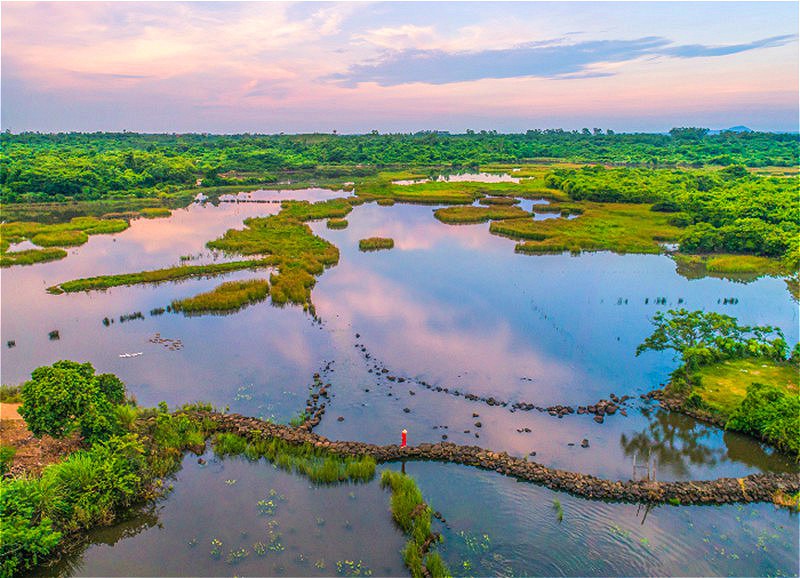Russia to further develop transit potential under BRI, company leader says
MOSCOW, June 18 (Xinhua) -- The China-proposed Belt and Road Initiative (BRI) provides huge opportunities for countries along the route to develop transit transportation, a company leader has said.
The Russian side is willing to develop rail container transportation under the initiative in the coming years, Alexander Isurin, president of TransContainer Company, a big container operator in Russia, told Xinhua in a recent interview.
"The Russian side is ready," Isurin said. "Russian Railways and private operating companies are ready for an increased volume of work with China through land border crossings."
Currently, he added, the Russian authorities are actively developing infrastructure projects to boost cross-border trade, including that with China.
"There is development of Far Eastern testing site, there is development of the BAM (a railway line that crosses Russia) and TransSib (the Trans-Siberian Railway, the longest railway in the world.), that also includes access to ports and land border crossings," Isurin said.
This year, electrification of the mobile section on the Zabaikalskaya railway to Zabaiksk was completed, he said. "Now Russian Railways, starting from this May, can bring twice as many trains to Zabaikalsk for transfers to the Chinese side."
Founded in 2006, TransContainer was established by railway companies of Russia, Kazakhstan and Belarus, all Belt and Road countries. In 2020, the giant handled a total of 2.4 million twenty-foot equivalent units of cargo, accounting for 36.4 percent of the Russian market.
Isurin noted that in the next five years, Delo Group, a large transport and logistic holding in Russia which incorporates TransContainer, plans to make huge investment in projects that would help bolster Russia-China trade.
"We plan in the next five years to invest around 150 billion rubles (about 2.08 billion U.S. dollars) into the development of port infrastructure, development of track facilities on the approaches to ports, development of terminal network," Isurin said.
According to him, the implementation of infrastructure projects would help boost cargo transportation between Russia and China next year.
"We expect that in 2022 the overall growth rate of cargo transportation will be double-digit and will be at least 10 percent," Isurin said.
He emphasized that the BRI, viewed by many in Russia as "the project of the century," is not only a drive for economic development, but also an effective instrument to connect people.
"The Silk Road in the past was not merely a trade path," he said. "It was a way of exchanging values and culture between the countries. So, this very project outgrew simple development of trade routes."
Isurin recalled that for two years he visited the Belt and Road forum in Beijing and was impressed by the speech delivered by Chinese President Xi Jinping at one forum.
"Without any help, without any paper, he was speaking for about 40 minutes, using figures, concepts not only of transport corridors, but also of cultural exchanges between the countries bordering and those outside the Silk Road," he said.
"That is why I think that this project is of paramount importance for the world, not only for China," he added.
The BRI is beneficial to all the parties involved because it has spurred China's opening-up to the rest of the world and enabled countries along the route to become closer under the common idea, Isurin stressed.
Photos
Related Stories
- Chinese firm launches 110-mln-USD expansion project of Ethiopian dry port
- China's investment into BRI countries expands in Jan.-May
- China hopes to ink BRI cooperation documents with Burkina Faso soon: Chinese FM
- Silk Road Community Building Initiative facilitates people-to-people exchanges among BRI countries
- BRI signals new era in multilateral cooperation, says Cyprus House president
Copyright © 2021 People's Daily Online. All Rights Reserved.










